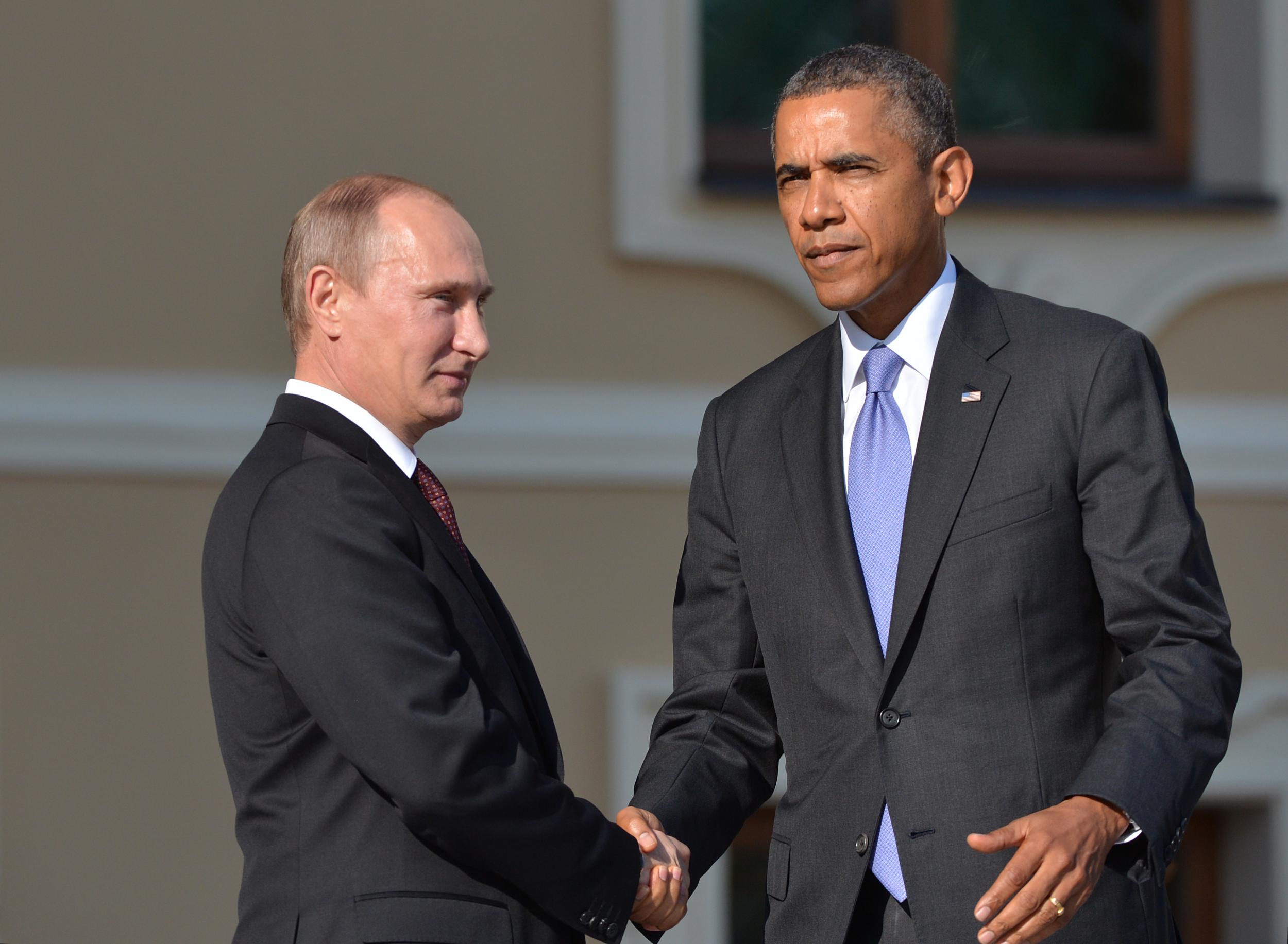Russia names US and Nato as national security threats for the first time
The new security document replaces a 2009 version, which did not mention the US at all

Your support helps us to tell the story
From reproductive rights to climate change to Big Tech, The Independent is on the ground when the story is developing. Whether it's investigating the financials of Elon Musk's pro-Trump PAC or producing our latest documentary, 'The A Word', which shines a light on the American women fighting for reproductive rights, we know how important it is to parse out the facts from the messaging.
At such a critical moment in US history, we need reporters on the ground. Your donation allows us to keep sending journalists to speak to both sides of the story.
The Independent is trusted by Americans across the entire political spectrum. And unlike many other quality news outlets, we choose not to lock Americans out of our reporting and analysis with paywalls. We believe quality journalism should be available to everyone, paid for by those who can afford it.
Your support makes all the difference.A new defence appraisal has named the USA as one of the threats to Russia's national security for the first time, signifying how much relations between Russia and the west have deteriorated in recent years.
In the document, entitled 'About the Strategy of National Security of Russian Federation', it names the US and Nato as new threats to Russian security, due to the alliance trying to "retain [its] dominance in global affairs."
According to Reuters, this is the first time that the US has explicitly been named as a threat - the new document replaces a previous one from 2009, endorsed by then-President Dmitry Medvedev, which made no mention of either America or Nato.
The document was reportedly signed by President Vladimir Putin on 31 December 2015, making it official policy.
The document says that in recent years, Russia has managed to increase its role in solving global issues and conflicts, which has caused a reaction from the west.
"The strengthening of Russia happens against the background of new threats to the national security, which has complex and interrelated nature," it says.
Continuing policies that would heighten Russia's global standing will likely lead to "political, economical, military and informational pressure" on Russia, it adds.
Relations between Russia and the west have worsened in the last decade, but they took a big hit in March 2014 when Russian forces annexed the Crimean peninsula from Ukraine, after protests and unrest in the country forced its pro-Kremlin president to flee.
The west has since accused Russia of helping insurgents in eastern Ukraine, and a number of sanctions against prominent Russians and companies have been put in place.
Through opposing Russia's presence in Ukraine, Russia says the US and EU have supported an "anti-constitutional coup d'etat", which has led to the conflict in the country.
Significantly, the document does not mention Syria, where Russia recently began airstrikes against Isis forces and anti-Assad rebels.
Join our commenting forum
Join thought-provoking conversations, follow other Independent readers and see their replies
Comments